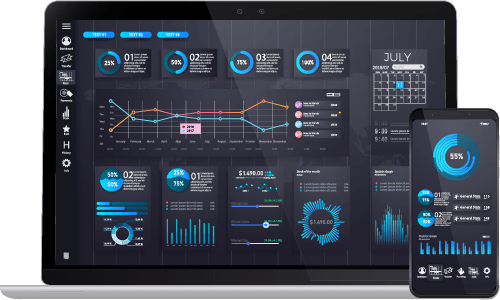Data Management Services
In modern management usage, the term data is increasingly replaced by information or even knowledge in a non-technical context. Thus data management services has become information management or knowledge management. This trend obscures the raw data processing and renders interpretation implicit. The distinction between data and derived value is illustrated by the information ladder.
4.5/5


